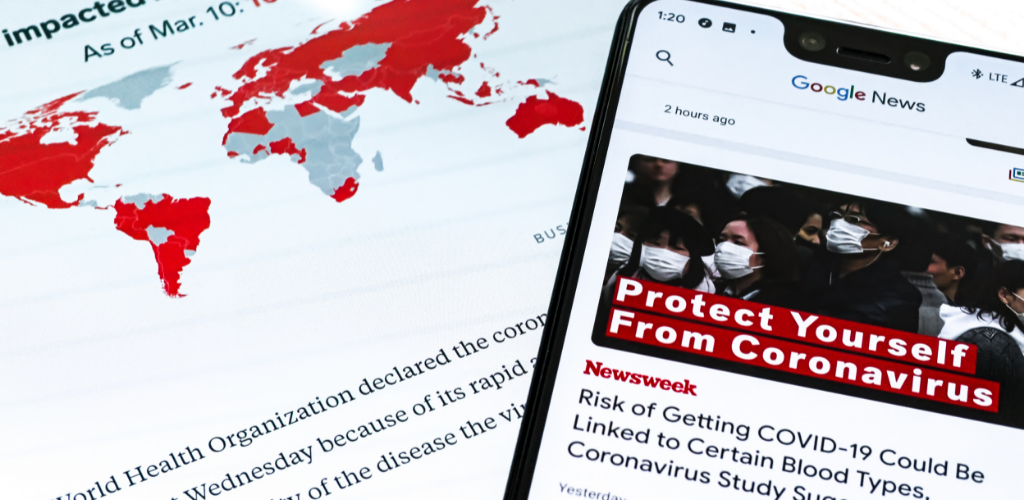
Degrees of deception: the effects of different types of COVID-19 misinformation and the effectiveness of corrective information in crisis times
By Michael Hameleers, Edda Humprecht, Judith Möller & Jula Lühring
Responding to widespread concerns about misinformation’s impact on democracy, we conducted an experiment in which we exposed German participants to different degrees of misinformation on COVID-19 connected to politicized (immigration) and apolitical (runners) issues (N = 1,490). Our key findings show that partially false information is more credible and persuasive than completely false information, and also more difficult to correct. People with congruent prior attitudes are more likely to perceive misinformation as credible and agree with its positions than people with incongruent prior attitudes. We further show that although fact-checkers can lower the perceived credibility of misinformation on both runners and migrants, corrective messages do not affect attitudes toward migrants. As a key contribution, we show that different degrees of misinformation can have different impacts: more nuanced deviations from facticity may be more harmful as they are difficult to detect and correct while being more credible.
